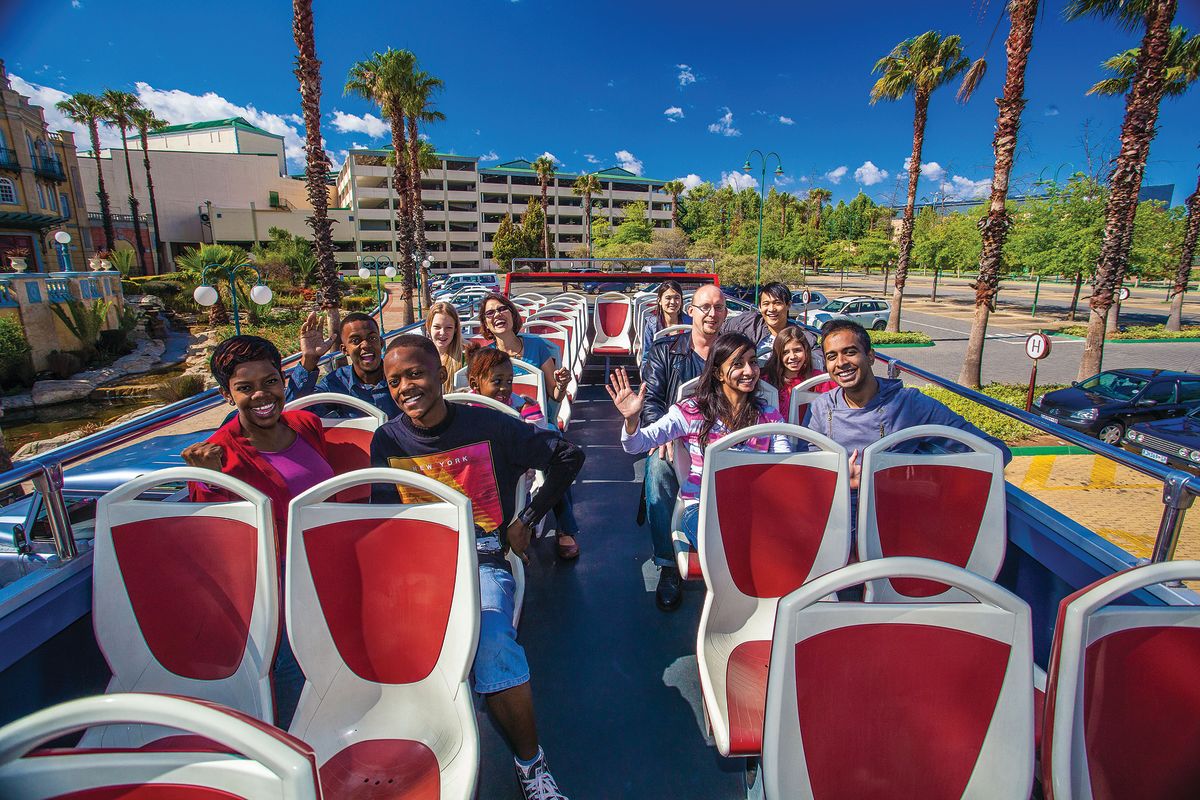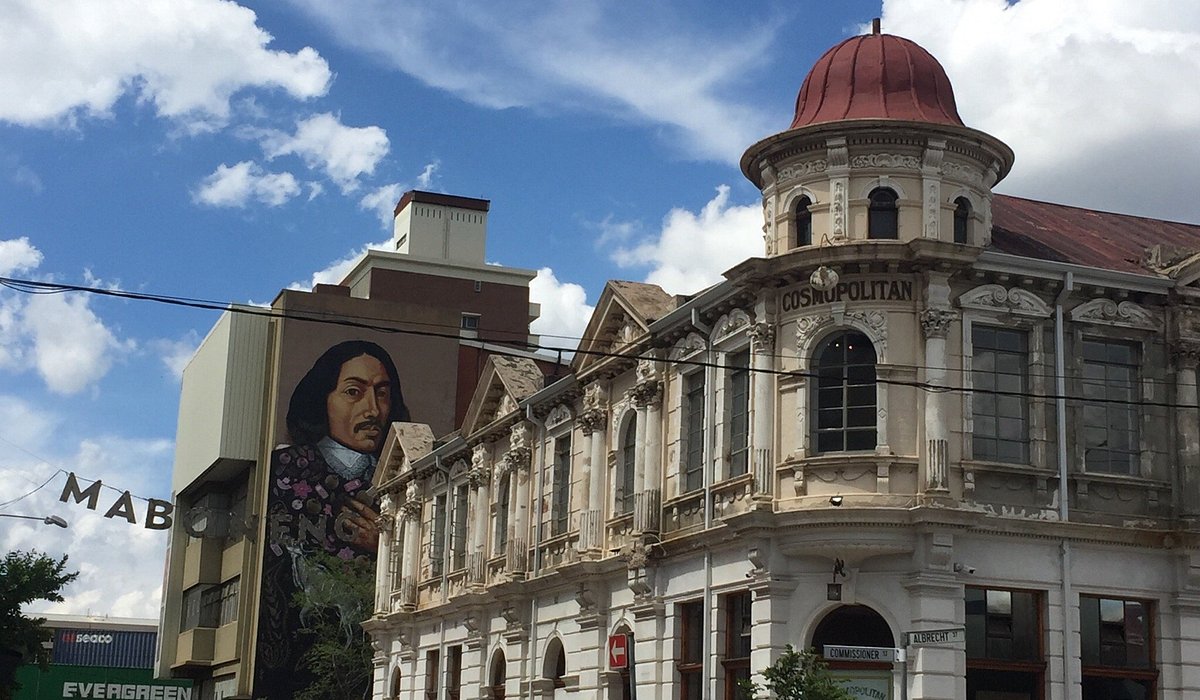Indicators on Johannesburg North Attractions You Need To Know
Table of ContentsFacts About Johannesburg North Attractions UncoveredJohannesburg North Attractions Things To Know Before You BuyJohannesburg North Attractions Things To Know Before You Get This6 Simple Techniques For Johannesburg North AttractionsFacts About Johannesburg North Attractions RevealedAll About Johannesburg North AttractionsJohannesburg North Attractions Things To Know Before You Get This
You need to maintain protection in mind and visitors must stay alert at all times when in unknown surroundings. Talk with the residents when you are in town to find out about the area you are staying in. Johannesburg North attractions. When on the road (this doesn't put on shopping center and various other safe atmospheres) finest general advice is to attempt your finest to appear like a local and to stay clear of showing any kind of type of wealth
Unknown Facts About Johannesburg North Attractions
Professor Revil Mason O. J. (Thomson, 1946) explored the Witwatersrand's pre-colonial background. His archaeological work took off the 'em pty land' misconception, according to which the region was lacking human habitation before the arrival of European settlers. In his publications Prehistory of the Transvaal: A Document of Human Activity (1962) and Origins of Black Individuals of Johannesburg and the Southern Western Central Transvaal Advertisement 3501880 (1986 ), Professor Mason showed the level of social and financial advancement in the location before Europeans set foot right here.

Examine This Report on Johannesburg North Attractions
In 1878, David Wardrop discovered gold in quartz capillaries at Zwartkop, north of Krugersdorp. In 1881, Stephanus Minnaar came across gold on the farm Kromdraai, near the Cradle of Humankind.
In March 1886, an outcropping (soon to be called the Main Coral reef) was found, rather luckily, on Gerhardus Oosthuizen's farm Langlaagte. Some say that the Lancastrian coal miner George Walker found this coral reef. An additional itinerant English prospector, George Harrison (who had previously operated in Australian mines) acquired a prospecting licence in regard of Langlaagte in May 1886.
He chose to go on in a mission for greener pastures, and disposed of his Langlaagte case for the handsome sum of 10. Alas: under lay the richest goldfield ever located. The discovery of this abundant auriferous coral reef provoked a gold thrill that signified completion of bucolic serenity in the southern Transvaal.
It would, within 6 years, come to be the largest town in southern Africa. Within a decade, it would certainly make the Z. A. R. up until after that an anarchical and bankrupt little state the richest country in Africa. By the millenium, the Z. A. R. was to surpass Russia, Australia and the USA of America to become the globe's leading gold producer, producing greater than a quarter of the world's gold.
The Ultimate Guide To Johannesburg North Attractions
It was called Ferreira's Camp, called after Colonel Ignatius Ferreira. He was a Boer traveler upon whom the British authorities had bestowed the condition of Companion of the Most Differentiated Order of St Michael and St George (qualifying him to the post-nominal letters C. M. G.) in gratitude for his role in the war that had deposed the Pedi king Go Here Sekhukhune in 1879.
Two other camps were developed: Meyer's Camp on the ranch Doornfontein, and Paarl Camp. The latter was nicknamed Afrikander Camp; several individuals from the Cape Colony cleared up there.

The Facts About Johannesburg North Attractions Revealed
This name got money by word of mouth, such that the State Assistant affirmed the name to the Mining Commissioner on 9 October 1886. Stands in the you can try here village were auctioned on 8 December 1886. While some stands were cost 10, others were torn down for just sixpence.
Two years later, these erven were to alter hands for as high as 750 each. The tented camps dwindled as a dorp of corrugated iron buildings created and increased north of the mines situated along the Key Reef Road. Areas such as Jeppe's Town (where working-class immigrants erected their houses) and Doornfontein (where the wealthy brand-new 'Randlords' began to build their extravagant houses) were soon contributed to the ever-expanding map of the community.
Johannesburg North Attractions for Beginners
Apart from the road names, there were no indicators of Johannesburg being located in a Dutch-speaking country. Numerous years later, C. W. Kearns O. J. (among the first boys enrolled at St John's University in 1898) would certainly recall: 'An odd truth concerning Johannesburg was that, although it remained in the [Boer Republic], nearly everyone spoke English and even the Government servants attended to one in English, unless they were first addressed in the Taal (or Reduced Dutch)'.
Therefore, Britain had a rate of interest in ensuring optimal conditions for gold manufacturing on the Witwatersrand, which the gold was exported to London instead of Berlin an essential made even more clamant by the Z. A. R - Johannesburg North attractions.'s increasing toenadering with Germany. Mine proprietors got on a clash with President Kruger, whose policy of monopolistic concessions (usually given to his cronies) protected against mining companies from acquiring materials of products (especially dynamite) and work by themselves, less costly terms
10 Easy Facts About Johannesburg North Attractions Explained
In 1890, the Volksraad had actually limited the franchise to white men who had resided in the Z. A. R. for fourteen years or longer, thus disqualifying most of the immigrants (who occurred to be the major contributors to the fiscus). Nevertheless, frustration for the ballot was a mere pretense for advertising a various schedule; most uitlanders regarded themselves as short-term site visitors and had no purpose of remaining in the Z.